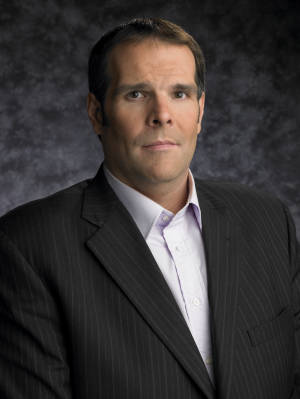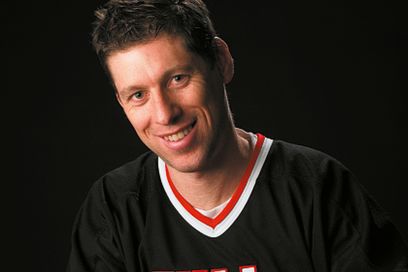
By Jay Greenspan
 As a writer covering the poker circuit, I haven't been surprised John D'Agostino finish 2nd in the Borgata Winter Open, and win more than a half million dollars. John is considered as one of the best young players in the world. It is equally at home playing limit Hold'em 'em to no limit hold' em, either for cash games or tournaments.
As a writer covering the poker circuit, I haven't been surprised John D'Agostino finish 2nd in the Borgata Winter Open, and win more than a half million dollars. John is considered as one of the best young players in the world. It is equally at home playing limit Hold'em 'em to no limit hold' em, either for cash games or tournaments.
 As a writer covering the poker circuit, I haven't been surprised John D'Agostino finish 2nd in the Borgata Winter Open, and win more than a half million dollars. John is considered as one of the best young players in the world. It is equally at home playing limit Hold'em 'em to no limit hold' em, either for cash games or tournaments.
As a writer covering the poker circuit, I haven't been surprised John D'Agostino finish 2nd in the Borgata Winter Open, and win more than a half million dollars. John is considered as one of the best young players in the world. It is equally at home playing limit Hold'em 'em to no limit hold' em, either for cash games or tournaments.I have seen play John more closely at the Borgata when we shared a table at tunic at the World Poker tour, in the $10,000 buy-in event. John made no award in the event, but during the time we played together, I was witness to many of his qualities that make him a good player. So here are three of them...
Maintaining morale in difficult times
To tunic, the players departed with 20,000 chips. Less than half of a 50% level of stack of John was gone. In one key hand, John made a very difficult fold when it concluded that its strong pair was more right on the river. Several difficult hands followed this hand.It was the kind of tournament that discourages you to play others. After a difficult, it is not uncommon to see several players, even among the best, resign themselves to losing.I heard players say: 'this is not my day. At this point, they had lost faith.
John, meanwhile, clung. He was not of bad useless game which would squander his stack. En route to its second position, John was capable of fulfilling a great level of adversity. With only 25 players remaining, John was the chip leader, having accumulated approximately 1 million chips. Some difficult hands later, John had 280,000 chips and going now in 12th place in 16 players remaining.
Despite the challenges, John was not on tilt. He kept the focus and took the right decisions. He was patiently waiting the opportunities of rebuilding his stack.
During the tournament, John was always aware of his stack and the stack of other players. After a few harsh first hands, he sought the right time to double. It precipitated nothing. He knew that as long as he had at least 20 big blinds with him, he could wait for the right time.
While waiting for the right time to double, he sought what stack he could attack. Unfortunately for me, he noticed that I was getting the short stack of the table. John was in the last position when I was on the big blind and he did not let pass the opportunity to attack my blind. With only 20 big blinds, I couldn't protect my blind without a very good hand; My tournament life depended on. John seemed to be the only other to the table (apart from me) to be aware of this situation. The other players were too busy to see what cards they had rather than seeking the best opportunities to pick up pots.
Observer non-pair
Tunic, the majority of the players at my table provided a wealth of information. They ranged from the size of their pre-flop raises a little stronger when they wanted no action, a little less strong when they wanted. The movement of their arms and their hands was different from hand to hand. With time, you could draw very accurate conclusions.
John, however, did nothing. When he received, he still did three times the big blind. His reminders remained almost identical. If I tried to read her facial expressions, I could almost nothing away. Even with much attention, I could deduct nothing.
The event of tunic was not very well for me, but I learned a lot watching play John. Without a doubt, watch the pros play is an excellent and easy way to improve his game.




